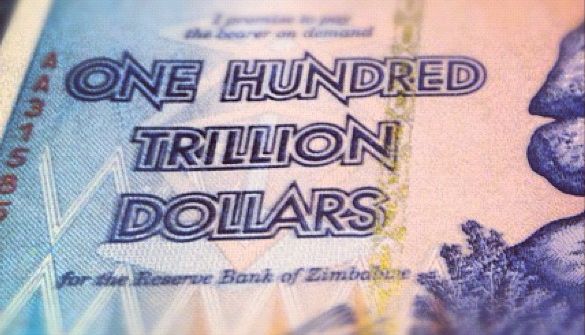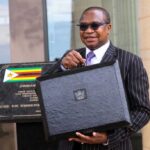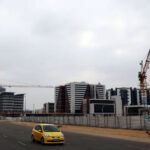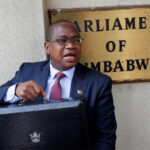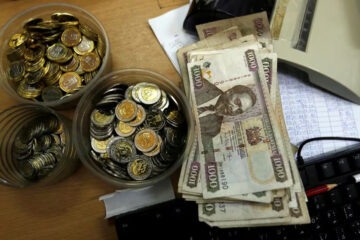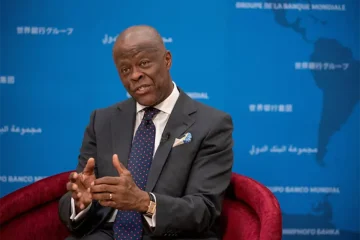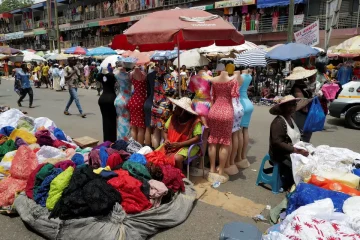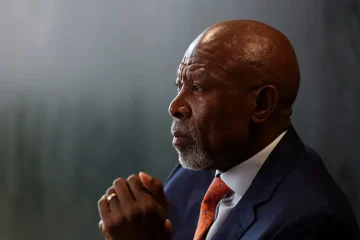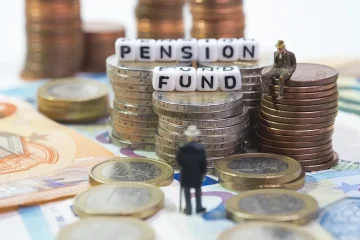ZIMBABWE’s economy is expected to shrink by 4.5% this year owing to the fallout from the COVID-19 pandemic and a brutal climate change-related drought, the finance minister said on Thursday.
The crucial mining sector will contract by 4%, Finance Minister Mthuli Ncube added in a mid-term budget speech, although he projected that GDP would rebound to 7.4% growth in 2021.
Ncube added that inflation was expected to gradually decline to 300% by December, compared with 737.36% currently.
Zimbabwe’s economy was in a mess even before COVID-19 struck, with rampant inflation, chronic shortages of food, foreign currency and medicines, all worsened by a drought that scorched crops.
“With regards to the domestic economy, the impact of the pandemic is … lower commodity demand and… prices, reduced tourist arrivals due to travel restrictions … currency volatility, high inflation,” Ncube told parliament.
Exports, however, seemed to remain resilient, despite the COVID-19 shock, declining only slightly to $1.53 billion in first five months of this year against $1.56 billion in the same period of last year.
As is often the case, Zimbabwe’s economic crisis risks spurring renewed social unrest. The opposition is planning street protests on July 31 to demonstrate against government corruption and its handling of the economy.
The Zimbabwe dollar currency, which was re-introduced last year unbacked by any foreign or gold reserves, has plummeted, eroding wages and triggering memories of the 2008 hyperinflation in 2008 — which wiped out savings and forced the government to abandon its previous currency.
Public sector unions want U.S. dollar pay, but the government says that is impossible, offering a 50% pay rise that unions have rejected. – Thomson Reuters Foundation.

